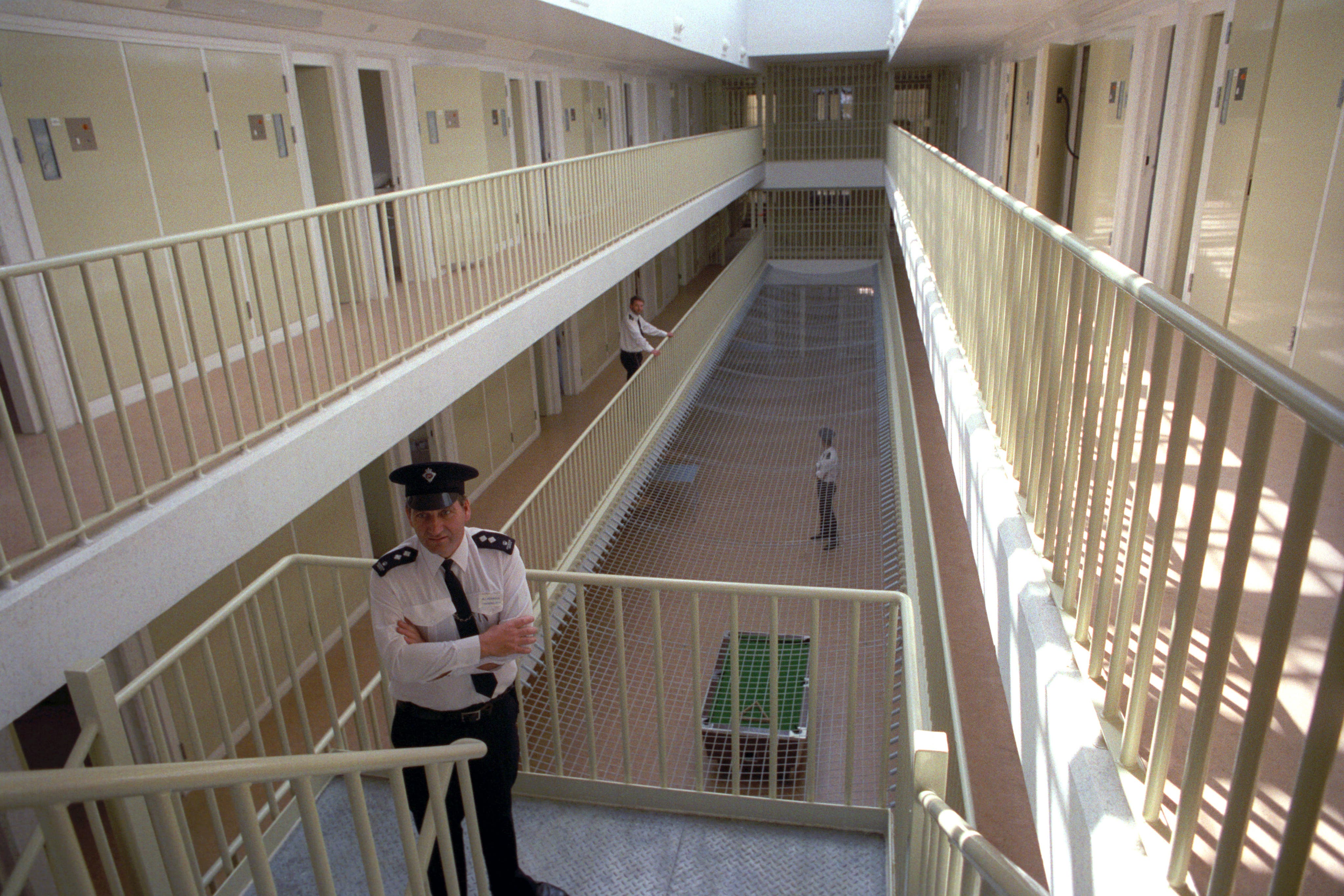Drones to be banned from flying within 400 metres of prisons
Drones have been used to smuggle contraband including drugs and mobile phones to inmates.

New “no-fly zones” will be introduced around prisons in England and Wales to prevent drones being used to deliver drugs and contraband to inmates.
The legal change will mean drone operators could face fines of up to £2,500 for flying within 400 metres of closed prisons or young offender institutions.
People caught smuggling items behind bars already face up to 10 years in prison.
Despite promises as far back as 2016 by then justice secretary Liz Truss to create no-fly zones around prisons, police can only currently act on drone sightings where there is evidence of contraband being illegally smuggled.
The new restrictions, which will take effect from January 25, will mean authorities can swiftly identify suspicious drones and take action against suspected criminal activity, as well as enhancing security by preventing illegal filming behind prison walls.
Prisons minister Damian Hinds said: “This is the latest step in the war we are winning to stop drugs, weapons and phones getting into our prisons.
“These virtual ‘no-fly’ zones – along with our new airport-style X-ray scanners – mean we can clamp down better than ever on violence behind bars to keep both prisoners and staff safe from harm.”
Between 2019 and 2021, 504 drones were sighted, intercepted or seized around prisons in England and Wales, and police and prison staff have worked together to help secure more than 70 convictions since June 2016.
One attempted drone delivery in May 2022 contained more than £35,000 of drugs and mobile phones.
The legal change was made in secondary legislation under powers in the Air Navigation Order.
Bookmark popover
Removed from bookmarks